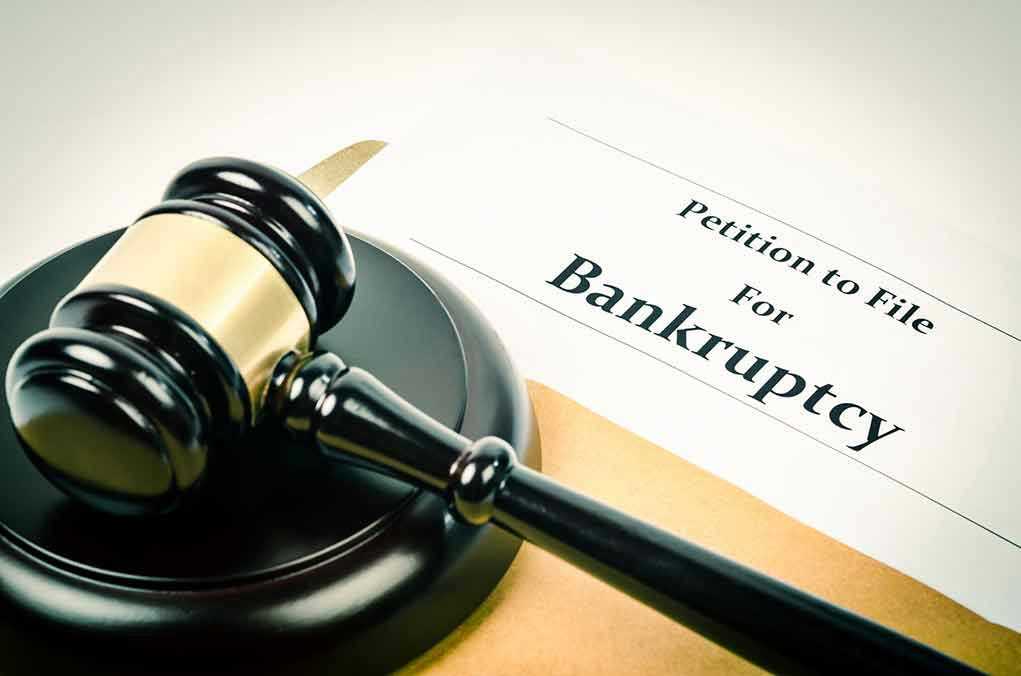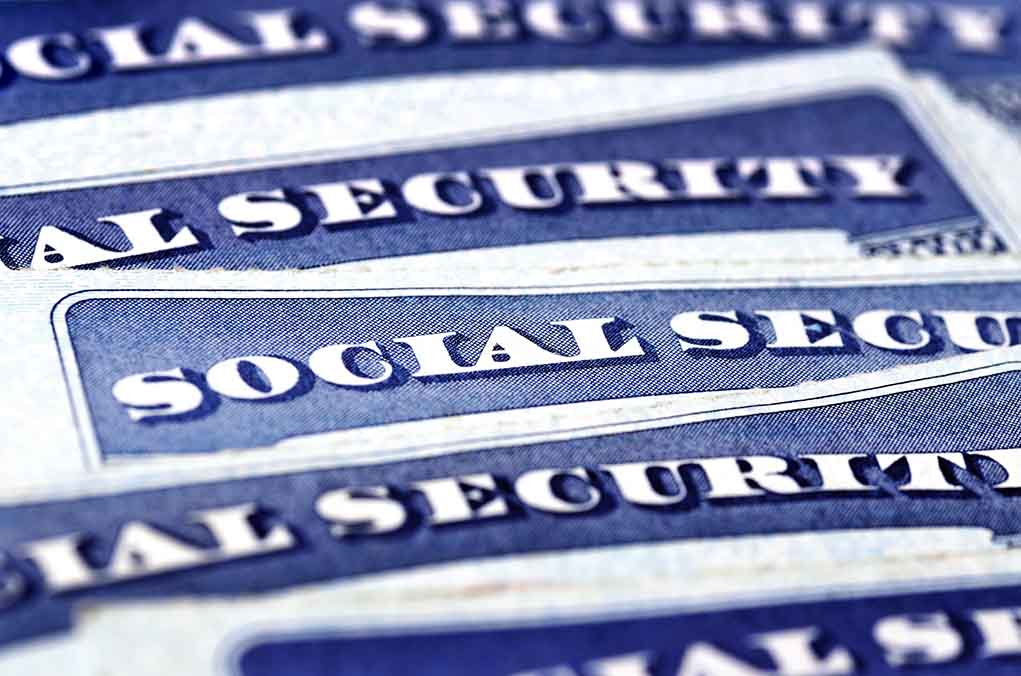
Depositing cash over $10,000 triggers mandatory federal reporting and could lead to questions about your money’s source—but legal deposits have nothing to fear from this routine banking procedure.
Top Takeaways
- Banks must file Currency Transaction Reports (CTRs) with the Financial Crimes Enforcement Network for all cash deposits exceeding $10,000
- “Structuring” smaller deposits to avoid reporting requirements is illegal and can trigger serious penalties
- Be prepared to provide identification and answer questions about the source of funds
- Consider high-yield savings accounts for large deposits, with some currently offering over 4% APY
- Ensure your deposits stay within FDIC insurance limits for full protection
Understanding Federal Reporting Requirements
When you deposit more than $10,000 in cash at your bank, you trigger a mandatory reporting requirement established by the Bank Secrecy Act (BSA). Financial institutions must file a Currency Transaction Report (CTR) with the Financial Crimes Enforcement Network (FinCEN), a bureau of the U.S. Department of the Treasury. This requirement applies to banks, credit unions, brokerages, and even casinos. The purpose is straightforward: to help prevent money laundering, tax evasion, and other financial crimes that often involve large amounts of cash.
The CTR includes personal information such as your name, Social Security number, address, and account details. Bank personnel will also likely ask about the source of your funds—questions that may feel intrusive but are standard procedure. The information collected is stored in a secure government database and isn’t typically shared beyond federal regulatory agencies unless suspicious activity is detected.
Avoiding Legal Pitfalls With Large Cash Deposits
One critical mistake to avoid is “structuring”—deliberately making smaller deposits under $10,000 to evade reporting requirements. This practice is illegal and can lead to severe penalties, including substantial fines and potential criminal charges. Financial institutions are trained to identify patterns that suggest structuring and may file a Suspicious Activity Report (SAR) if they detect such behavior. For example, making multiple $9,000 deposits over several days instead of a single $27,000 deposit would raise red flags and potentially trigger an investigation.
When you arrive at the bank with a large cash deposit, prepare to answer questions like “Where did you get all this money?” and “What do you do for work?” Bring identification and, if possible, documentation about the source of funds. For example, if the cash came from selling a vehicle, bringing the bill of sale could streamline the process.
Smart Financial Strategies For Large Deposits
Once you’ve successfully deposited your large sum, consider how to make that money work effectively for you. Standard checking accounts typically offer minimal or no interest, essentially causing your funds to lose value against inflation. High-yield savings accounts (HYSAs) present an attractive alternative, with some currently offering annual percentage yields (APYs) exceeding 4%. These accounts provide both competitive returns and the flexibility to access your money when needed, usually allowing for up to six withdrawals per month without penalty.
For funds you won’t need immediately, certificates of deposit (CDs) might offer even higher rates in exchange for keeping your money deposited for a fixed term. Always verify that your chosen financial institution is FDIC-insured, which protects deposits up to $250,000 per depositor, per bank, per ownership category. For amounts exceeding this limit, consider spreading deposits across multiple FDIC-insured banks. Additionally, check whether your bank imposes maximum deposit limits or charges fees for large deposits, as these policies vary between institutions.
Protecting Yourself From Scams And Fraud
Large cash transactions naturally attract attention from both legitimate financial institutions and potential scammers. Be vigilant about protecting your financial information when making substantial deposits. Verify the legitimacy of any investment opportunities or business proposals that involve large sums of cash. Fraudsters often target individuals known to possess significant liquid assets. Remember that government agencies will never call demanding immediate payment in cash, and legitimate investment opportunities don’t require rushed decisions or secretive transactions.
Keep detailed records of all large financial transactions for your own protection and tax purposes. The IRS may have questions about the source of large deposits during tax audits, and having documentation ready can prevent unnecessary complications.

















